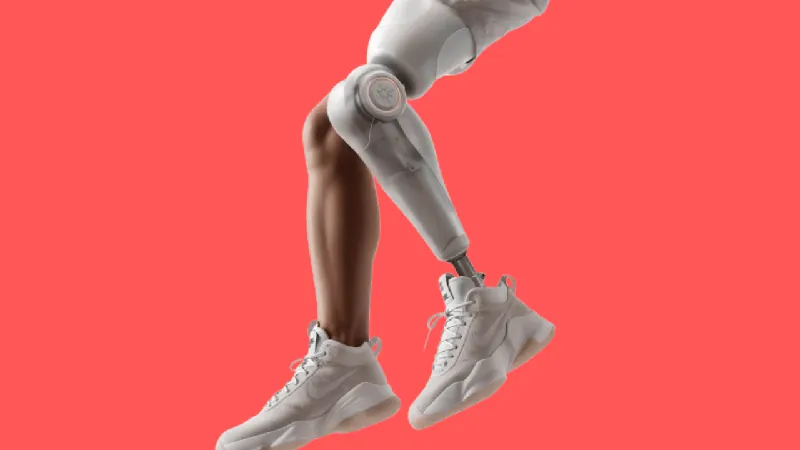
Unleash Your Brain's Potential: How Daily Activities Can Make You Smarter!
2024-11-12
Author: Wei
A groundbreaking study from the Penn State College of Medicine is shaking up what we thought we knew about brain health. The new research reveals that engaging in everyday physical activities can boost cognitive health for middle-aged adults, showing improvements in brain function that equate to feeling four years younger!
Contrary to the belief that one must hit the gym to gain cognitive benefits, the study highlights how even low-intensity activities—such as walking the dog, gardening, or performing household chores—can have substantial benefits. In fact, all forms of physical movement contribute to a healthier lifestyle and may have a direct impact on cognitive well-being.
Published in the Annals of Behavioral Medicine, the research led by assistant professor Jonathan Hakun sheds light on the immediate positive effects of physical activity on cognitive processing speed, challenging the previous focus on long-term benefits of exercise. “All movement is important,” Hakun emphasizes, underscoring that regular activity—even the casual kind—counts toward boosting brain health.
To conduct this innovative research, the team utilized smartphone technology to engage participants throughout their daily routines. Over nine days, a diverse group of 204 individuals aged 40 to 65 in the Bronx—without any history of cognitive impairment—participated in an "ecological momentary assessment," which involved checking in multiple times a day about their activity levels and completing two brain games designed to measure cognitive processing speed and working memory.
The results were striking: participants who reported being physically active within a three-and-a-half-hour window demonstrated significant gains in processing speed. Although no immediate improvements were noted for working memory, response times did reflect the positive changes seen in processing speed—offering compelling evidence that staying active can indeed lead to quick cognitive boosts.
Hakun further asserts that the frequency of physical activity is crucial. Those who were more active enjoyed greater cognitive enhancements, indicating that regular movement could strengthen cognitive health over time. Yet he cautions that further research is needed to uncover the optimal type, frequency, and timing of activities that yield the best cognitive outcomes.
What does this mean for you? Simple! Incorporating just a little more movement into your daily life—whether it's a brisk walk or dancing in your living room—could potentially sharpen your mind. Imagine the transformative power of a daily routine that includes short bursts of activity, all while seemingly rewinding the clock on your brain’s age.
In the future, Hakun's team plans to integrate more sophisticated activity monitoring tools alongside their assessments to draw clearer connections between physical engagement and cognitive benefits. Their aim is to not just look at the immediate effects but also to explore how consistent daily movements contribute to cognitive longevity as we age.
Don't wait for tomorrow! Start moving today and unleash your brain's untapped potential! Your mind—and body—will thank you!




 Brasil (PT)
Brasil (PT)
 Canada (EN)
Canada (EN)
 Chile (ES)
Chile (ES)
 España (ES)
España (ES)
 France (FR)
France (FR)
 Hong Kong (EN)
Hong Kong (EN)
 Italia (IT)
Italia (IT)
 日本 (JA)
日本 (JA)
 Magyarország (HU)
Magyarország (HU)
 Norge (NO)
Norge (NO)
 Polska (PL)
Polska (PL)
 Schweiz (DE)
Schweiz (DE)
 Singapore (EN)
Singapore (EN)
 Sverige (SV)
Sverige (SV)
 Suomi (FI)
Suomi (FI)
 Türkiye (TR)
Türkiye (TR)